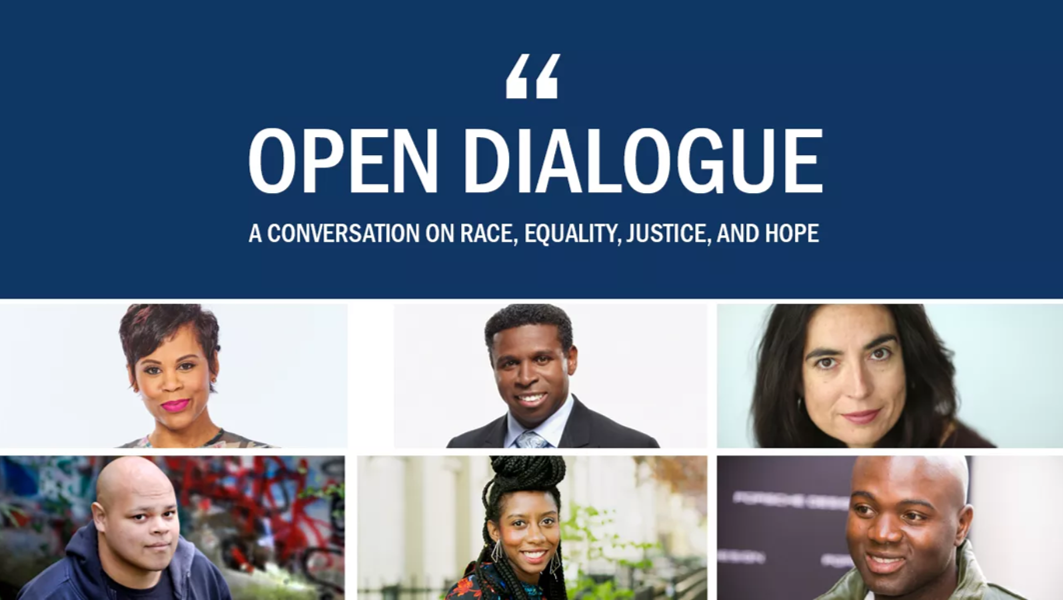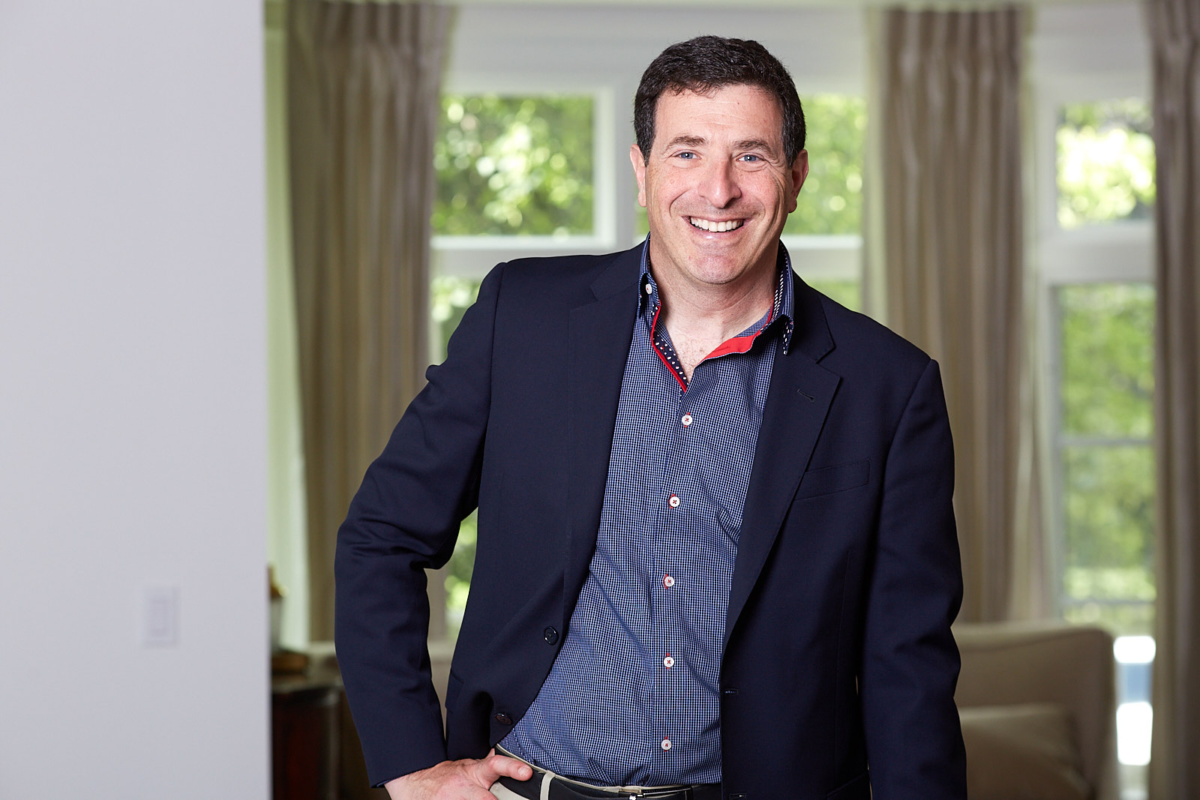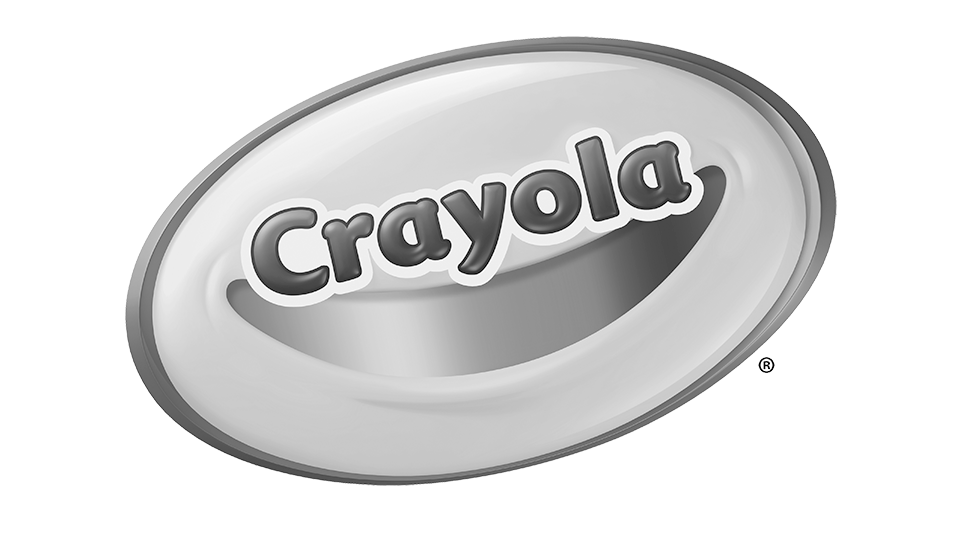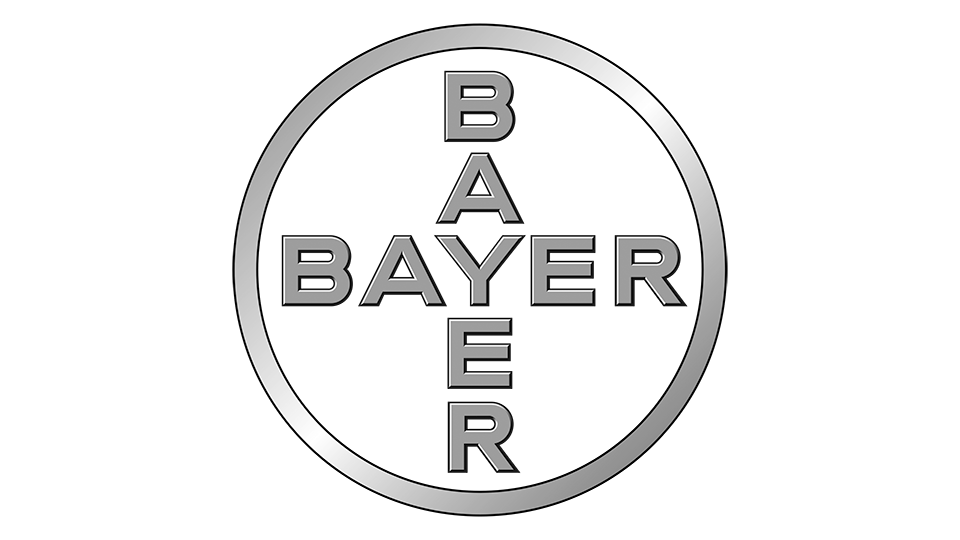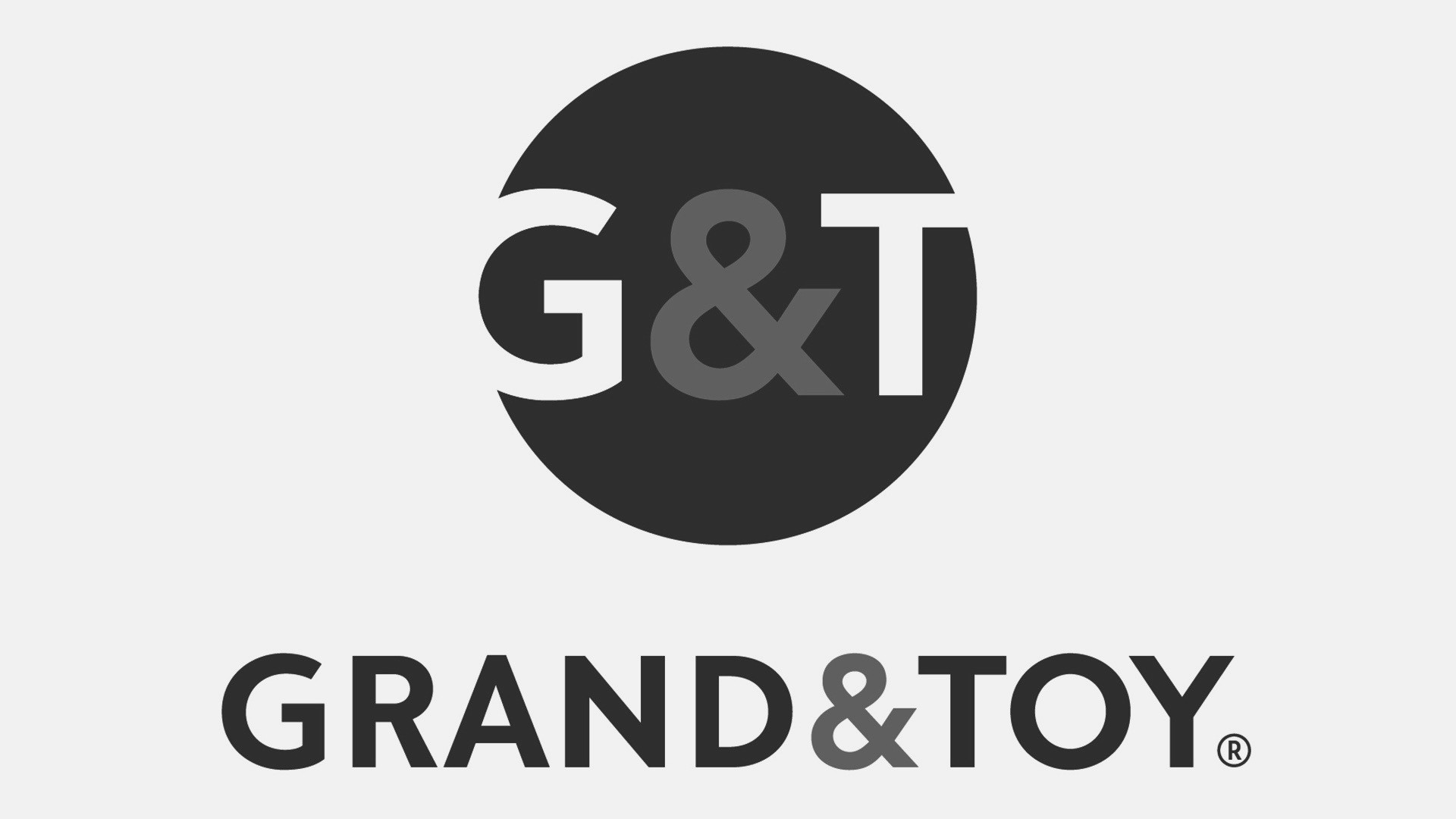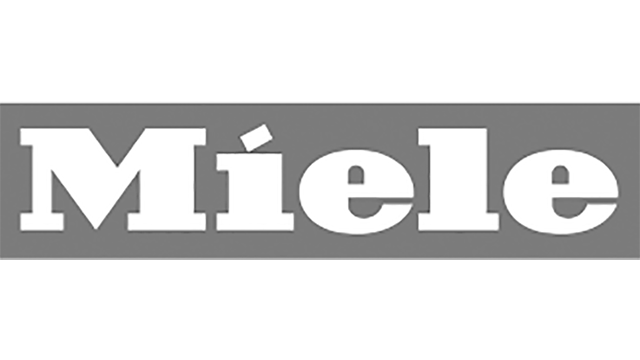Speakers’ Spotlight Webcast on Race, Equality, Justice and Hope
To view the recorded version of the Speakers’ Spotlight panel about race, equality and hope recorded on June 10, 2020, please click here. We thank Speakers’ Spotlight and their panelists for having an open, honest and hopeful conversation on this pertinent and extremely important topic.
- Panel: Tanya Talaga – journalist, author and the 1st Ojibway woman to deliver the CBC Massey Lectures; Michael “Pinball” Clemons – CFL legend, GM of Toronto Argos, and founder of the Pinball Clemons Foundation; Jamil Jivani – lawyer, community organizer, teacher, and founder of the Citizen Empowerment Project; Dr Hadiya Roderique – PhD in organizational behavior, penned G&M essay Black on Bay Street; Orlando Bowen – ex CFL player, endured a beating from police and false arrest over 10 years ago, today empowers others to overcome adversity
- Host: Marci Ien – was Canada AM co-host, now co-host on CTV’s The Social
How do you feel?
- Pinball – I wasn’t fighting, I am part of the problem. Before this, I forgot what it felt like given my name recognition, celebrity, and focus. I hadn’t felt the weight of racism like that since I was a kid. I need to shoulder this challenge. In many ways I forgot the helplessness. For me now I am challenged and resolute.
- Dr Roderique – this is not new for black people. Every day I am afraid someone will pull my dad over. I’ve also learned who my true friends are. Who are doing the work. I am also hopeful. I have seen a lot of radical discussions. Things that I didn’t think were possible. I am hopeful that this is really a galvanizing moment. Some moments I don’t want to bring a child into this world with a black body. Other moments I see hope and a possibility of change. It’s a real roller coaster.
- Jamil – I feel pressure to take advantage of the window of opportunity to get some action. It feels burdensome. When will the news cameras turn to something else? We will look back and say did we get enough done? That’s been weighing on me. I’ve been barely able to sleep over the last few weeks. People can be reactionary too, so need to be thoughtful about what we do.
- Tanya – it’s been a hard time. That feeling of, “No, not again.” The video was so hard to see. Not just with black Canadians, black Americans, also with Indigenous people. Interesting that Minneapolis is the birthplace of the American Indigenous movement. We share many of the same issues. This was a continent formed out of violence. We are still shot and killed by police. We’ve seen systemic racism in the police forces time and time again. Dr King’s words at Stanford. He talked about two different Americas and that unless there is a political will to change we will not achieve equity. I hope we are going to be getting there soon.
- Orlando – my heart is heavy but I am very optimistic. When I first watched the video I didn’t know the outcome. I found myself talking to the screen. I was pleading to the screen. I was in disbelief because I partly saw myself. I was challenged by what happened and then what was said afterward in the police report. The police report did not reflect what happened. The initial suppression of humanity but then the continuous injurious suppression. What would George Floyd’s daughter have thought and felt if the video hadn’t been brought to light? Amazing to see the cultural mosaic of people attending a march and chanting Black Lives Matter, which is in stark contrast to George Floyd dying alone. I am hopeful we can move the needle. We’ve got work to do.
When were you first confronted with racism?
- Jamil – I was 8 years old and we were together as a family driving home from a Christmas event and the police pulled us over. The way they treated my father was different from my mother (who is white). I was frozen and scared in the backseat. It shaped my perception of police officers and authority figures. I thought that this was the way black people are treated.
- Roderique – I taught myself to read when I was 2. I went to JK at 4. I had no interest except the library every day. Sometimes the kids would gather around me and I would read them a story. My parents were brought in to a parent-teacher interview. My teacher told my parents that I was potentially mentally challenged. The principal sided with the teacher. I skipped 3 grades. My IQs is in the 160s. If I was treated this way as a black gifted student, how were other black students treated?
- Pinball – I was born the same year as desegregation happened. Racial tensions were there from the beginning. I had decided racism wasn’t going to hurt me anymore. I built up that wall. It wasn’t that it didn’t happen. This broke down the wall that I had built up. I don’t have a tangible moment that I remember where racism wasn’t real for me.
- Tanya – when I was a young girl people always asked me, “Where are you from?” I would tell people that my father was Polish and my mother was Ojibway. I thought that every family had grandparents that went to residential school. That’s how you grew up. Canadians didn’t talk about us. There is a quiet systemic racism that runs through this country. I never learned the history of my people in school. Are we getting better? I don’t know. When people say to me, “Wow you’re so articulate!” it is subtle racism. What were they expecting? It is long running and it’s constant.
- Orlando – I grew up in Toronto community housing. The older people said people will look at you differently outside of the community. It wasn’t until I began to drive with 2 other black males to play basketball and we would be pulled over all the time. So much so we would bet the reasons the police would give for pulling us over. We always fit the description of suspects that they said they were looking for. We thought it was funny, normal.
Racism – reality in Canada vs US
- Jamil – I had a good conversation with the Premier about that. Regardless of what’s happening in the US, we still have our ideals. The challenge is that the US dominates so much of our culture. Right now Peel District School Board has issues. Black students are being disadvantaged by suspension and streaming policies. My hope is that we understand that we can’t let the US news cycle impact how enthusiastically we focus on our own issues.
- Tanya – make it mandatory to learn indigenous curriculum in schools. Thunder Bay has issues with drinking water and people dying in the water.
- Roderique – people tend to dichotomize racism (e.g. either “KKK” or “not racist”) but people forget that there is a spectrum. I am not getting overt racism. It’s the subtle things. On my first day of work, I stepped into the elevator with 2 women. They asked me “Who do you work for? Who’s your lawyer?” The implication is that you are an assistant. Small things like that add up. It is the raised eyebrow. It’s being asked to get the coffee and take the notes. I was at a meeting and the person pointed at me and said they are mostly black. That lawyer with me didn’t apologize or talk about it with me later. I want to know that there is an actual meritocracy, not a shadow one. We have to constantly prove that we belong in the culture. I am tired of talking about it. I want to see their policies. We have known for years that there is discrimination against black-sounding names like Jamil in terms of getting interviews, yet which companies use anonymized resumes? I don’t want to see statements and platitudes. I want to see action.
Do we feel as a group we are in a moment right now? Are we on the precipice of change?
- Jamil – I definitely feel we are on the brink of change. I never anticipated in my lifetime people reflecting on what it means to be black. I think that in and of itself gives us the opportunity to have a discussion and a catalyst. When I saw George Floyd murdered, I thought what if that was a relative of mine? That suppression of humanity. Thoughts manifest in behaviours. How can we create reflection points for people to think: I see you as a human being? Where can we create the room in our workspaces, our community? Journey hard now, rally now. Keep going until we get there. I am going to keep going until I can’t. Defunding the police is not something new. There was a report about reducing the Toronto Police budget by $100 mm a few years ago. The public wasn’t interested because of the # of shooting deaths that year.
- Pinball – I see hope. When we are together as a black community, it’s a protest. When the greater community joins us, it changes from a protest to a moment. Let’s be honest. To be pro status quo is to be anti-black, anti-indigenous. You are working against me. It is such a difficult thing. Assume the CN Tower represents racism. Other people have woken up today and say wow, see that CN Tower? The important thing is that they see it. I have some real hope. I have more hope today than I did last week. Equality is not the first step. We are a long way from that. We are not close. You can’t legislate that. What we should be looking for is fairness.
- Roderique – calls for defunding the police is getting this galvanizing energy. We’ve been defunding education and health for years and covering it up with policing. The presence of vital systems of support is important. We can really rethink the way we can do things.
Final thought
- Tanya – indifference harms us. It is just as awful as loud racists shouting at the top of their lungs. When you look at changes in society, it’s because we pushed forward with progress. We need to see all of us out there demanding change. We need to be making decisions. We need to be the editors, the publishers. In any newsroom across Canada there are hardly any faces like us.
- Orlando – one voice – one team. Will take all of us doing everything we can. Quote: “Hope has two beautiful daughters. Their names are Anger and Courage. Anger at the way things are, and Courage to see that they do not remain as they are.” If we link arms anything is possible.
- Jamil – when we have panels like this you hear from people with university degrees but a lot of folks don’t have these opportunities. We need to be mindful of the class system. There is a large number of kids that are left behind for the rest of their lives by our education system. Our education system is systematically disadvantaging working class kids.
- Roderique – employers you do not exist in a vacuum. Too often workplaces are silent. Conversations about race and racism need to happen in the workplace. Instead of people doing the hard work they want quick fixes. This is the time to be uncomfortable. 2 books everyone should read by Black Canadians: The Skin We’re In and Policing Black Lives.
- Pinball – numbers have to pan out. We have to move to fairness. We need to see change, not just hear about it and talk about it. Build bridges, not fences. We are not enemies. We are part of a community. We have to come together. Orlando was beat up by a cop who planted drugs on him. The cop was actually the one selling drugs. When Orlando was exonerated he showed tremendous forgiveness for the officers who framed him. The humanity in this has to remain.


